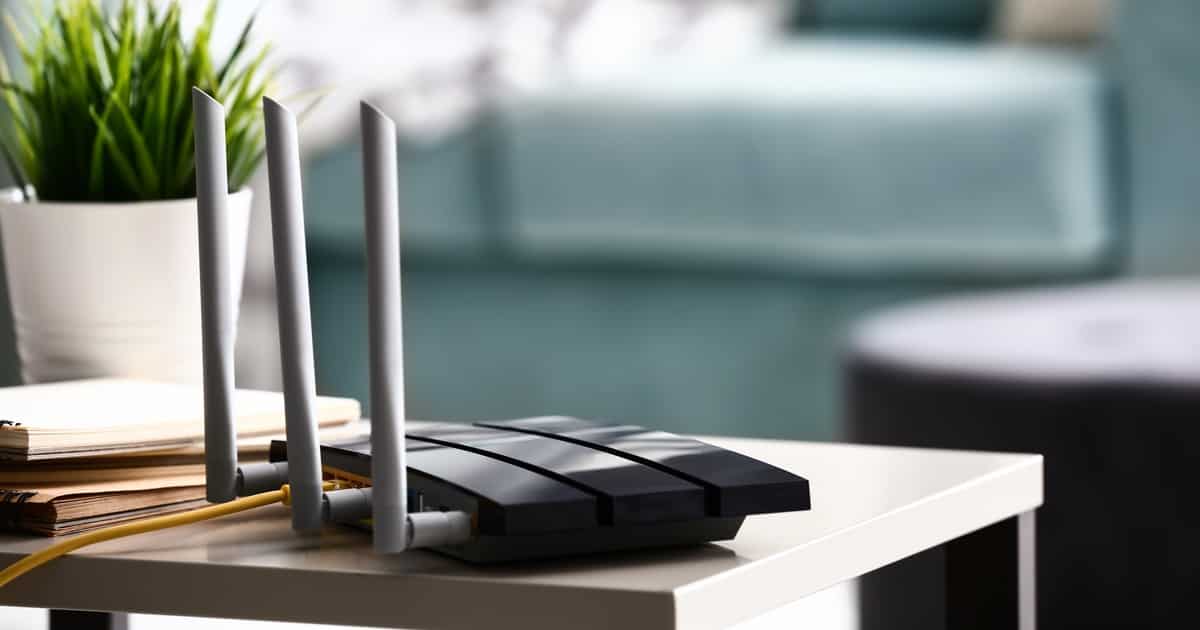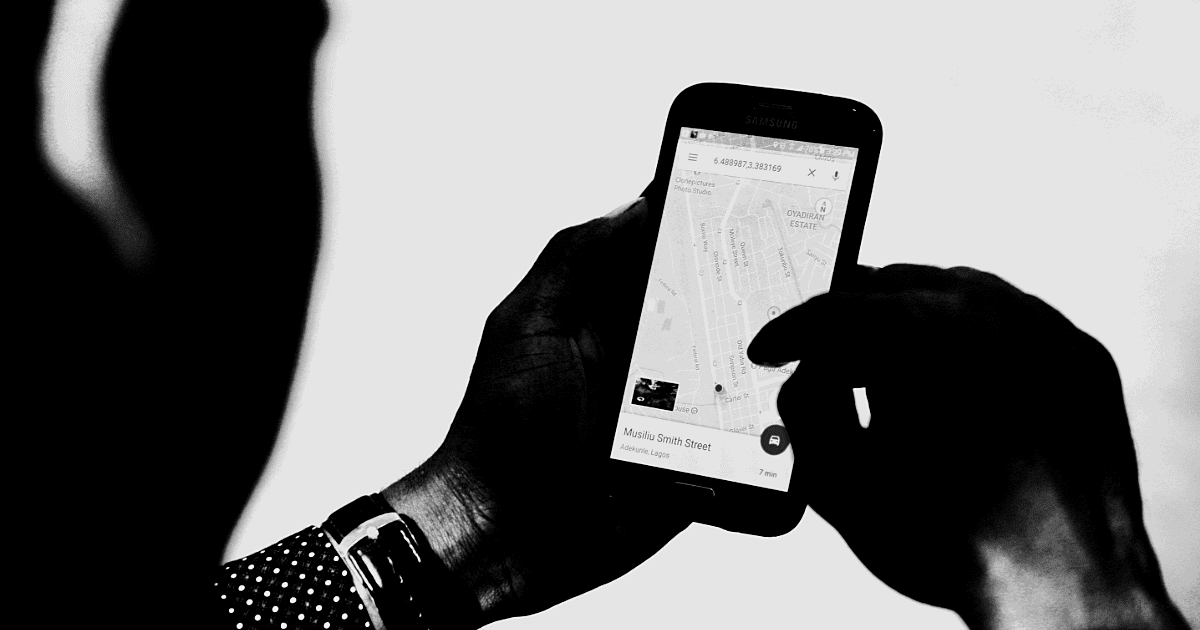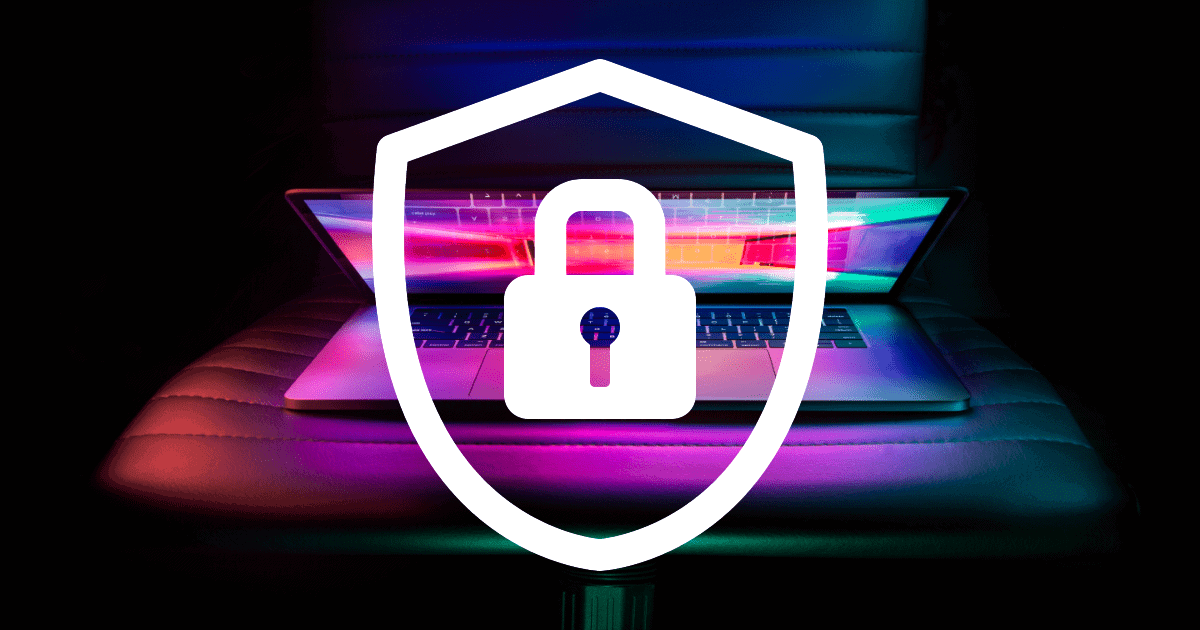Lockdown is hard for everyone, including creative people used to being out and about playing music or creating art. One photographer, Tim Dunk, found a way to keep taking portraits – using FaceTime. He explained how on Peta Pixel.
I then had an idea to sustain myself creatively and socially, and threw it out to a few contacts — maybe with the use of some common apps and bits of tech, I could continue to make work. Using FaceTime, a MacBook Pro, and my subject using an iPhone under instruction, I was able to make portraits of people in isolation, distanced from the world and the people that make it up. I’ve been lucky enough that my FaceTime portraits have really caught folk’s attention, and I’ve been fielding a lot of questions from other photographers.




















